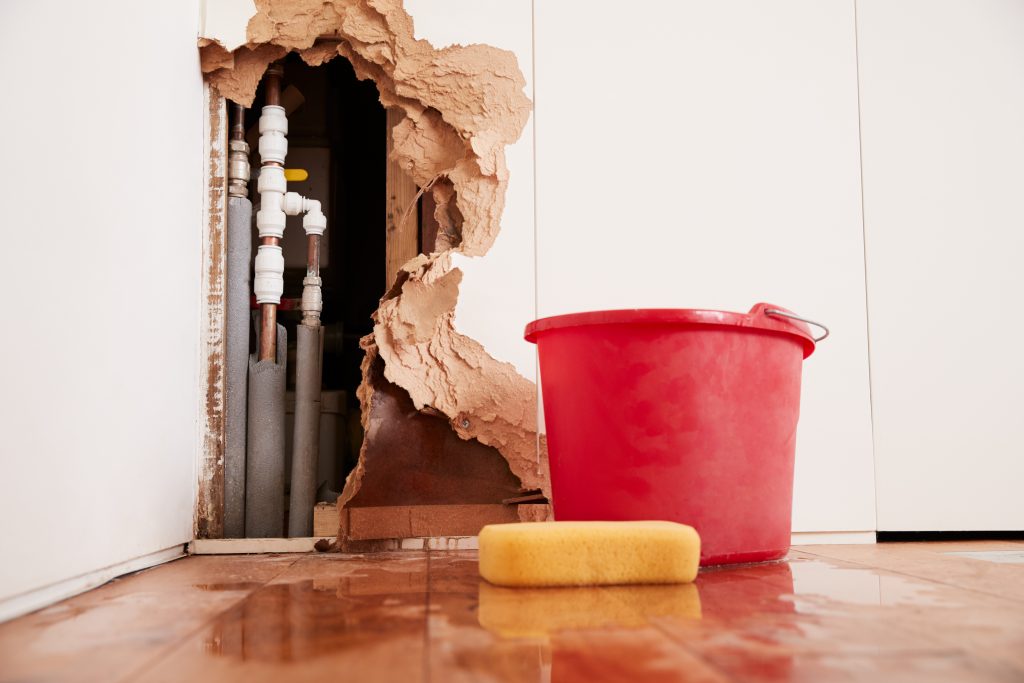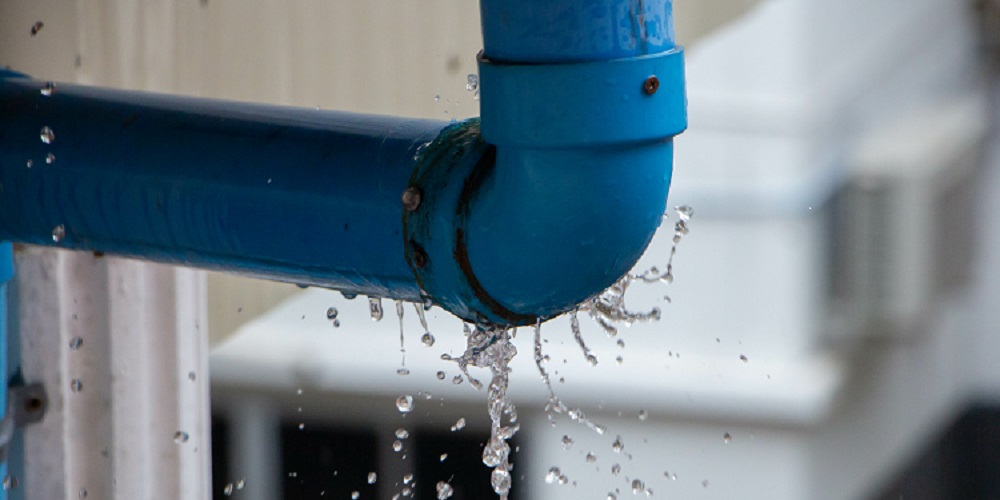Exactly how to Examine If Your Home Has a Concealed Leakage
Exactly how to Examine If Your Home Has a Concealed Leakage
Blog Article
What're your beliefs on Leaking water lines?

Early discovery of leaking water lines can mitigate a potential disaster. Some little water leakages may not be noticeable.
1. Take A Look At the Water Meter
Checking it is a proven way that assists you discover leakages. If it moves, that suggests a fast-moving leakage. This implies you might have a slow leak that can even be underground.
2. Check Water Intake
Evaluate your water costs and track your water usage. As the one paying it, you need to notice if there are any type of discrepancies. If you find sudden changes, regardless of your consumption being the same, it indicates that you have leakages in your plumbing system. Keep in mind, your water costs ought to drop under the very same range on a monthly basis. A sudden spike in your expense shows a fast-moving leakage.
A stable boost every month, even with the exact same routines, reveals you have a slow-moving leakage that's additionally gradually rising. Call a plumber to thoroughly examine your building, especially if you really feel a cozy location on your flooring with piping below.
3. Do a Food Coloring Examination
When it pertains to water usage, 30% originates from bathrooms. Test to see if they are running properly. Decrease specks of food color in the tank and also wait 10 mins. There's a leakage in between the container as well as dish if the shade somehow infiltrates your bowl during that time without flushing.
4. Asses Exterior Lines
Don't forget to inspect your outdoor water lines as well. Needs to water leak out of the link, you have a loose rubber gasket. One small leak can throw away lots of water and surge your water costs.
5. Examine and also Evaluate the Scenario
Home owners ought to make it a habit to inspect under the sink counters and also also inside closets for any bad odor or mold and mildew development. These two red flags suggest a leak so timely focus is required. Doing routine examinations, also bi-annually, can conserve you from a major issue.
Extra importantly, if you understand your residence is already old, keep a watchful eye on your heating units, pipes, pipelines and so on. Check for discolorations as well as damaging as most pipes as well as devices have a life expectancy. They will certainly likewise normally wear away as a result of wear and tear. If you suspect leaking water lines in your plumbing system, don't await it to escalate. Call a specialist plumber immediately so you don't end up with an awful mess in your home.
Early detection of dripping water lines can alleviate a prospective catastrophe. Some tiny water leakages may not be visible. Examining it is a guaranteed method that assists you discover leakages. One small leak can squander lots of water as well as spike your water costs.
If you presume leaking water lines in your plumbing system, don't wait for it to rise.
How to Know If Your Home Has a Hidden Leak
Water Meter Reveals Inexplicable Water Usage
If you’d like to test whether or not there’s a leak somewhere in your home, you can do this using your water meter. Here is how to conduct the test:
Don’t use any water in your home for at least 30 minutes; this also means not turning on faucets or water-using appliances.
Go outside, and check your water meter for activity.
If your water meter shows that there was activity, even though no one was using any water, this proves that there is a leak in your home.Visible Mold or Mildew Growth
Leaks behind walls create moist, dark environments that allow mold and mildew to grow and thrive. Eventually, you might see mold growth forming on the wall closest to a hidden leak.
If mold is growing in an area that receives a high amount of moisture, such as a bathroom, it may simply be an indication that better ventilation is needed. However, if you see mold growth on a wall or the ceiling in an area where you would not expect, you probably have a hidden leak.
Musty, Mildew Odor
Sometimes you might not be able to see the mold or mildew that is growing as a result of a leak. However, the smell can give the problem away just as easily. If you catch a whiff of something musty, there’s a good chance that old water is collecting somewhere in your home that you can’t see.
Stained/Warped Walls, Ceilings, or Floors
When your home soaks up water, a variety of red flags can become visible, including ceiling stains, bubbling drywall, warped walls, and sagging floors. While these issues can be caused by excess humidity, they can also be signs that a pipe or plumbing connection has started leaking behind your walls.
Inexplicably High Water Bill
After a while, you get a general sense for what your water bill should be. If you own a pool or sprinkler system, your bill will tend to be higher during summer. However, if you receive a water bill that seems especially high, and you can’t figure out what caused it, then you may have a hidden leak somewhere that’s increasing your bill.
https://www.plumbingjoint.com/blog/2019/july/how-to-know-if-your-home-has-a-hidden-leak/

I was introduced to that write-up on Leaking water lines through an associate on our other website. Are you aware of another individual who is enthusiastic about Leaking water lines? Please feel free to promote it. Thanks a lot for taking the time to read it.
Report this page